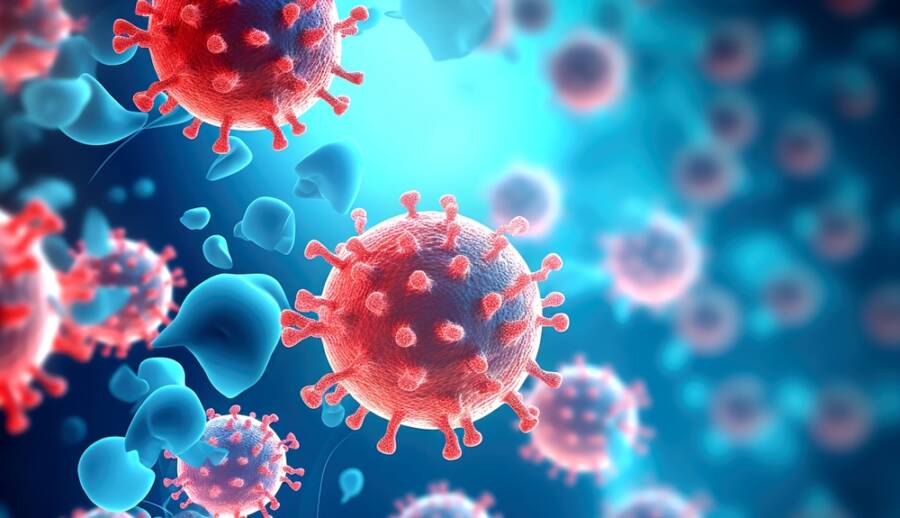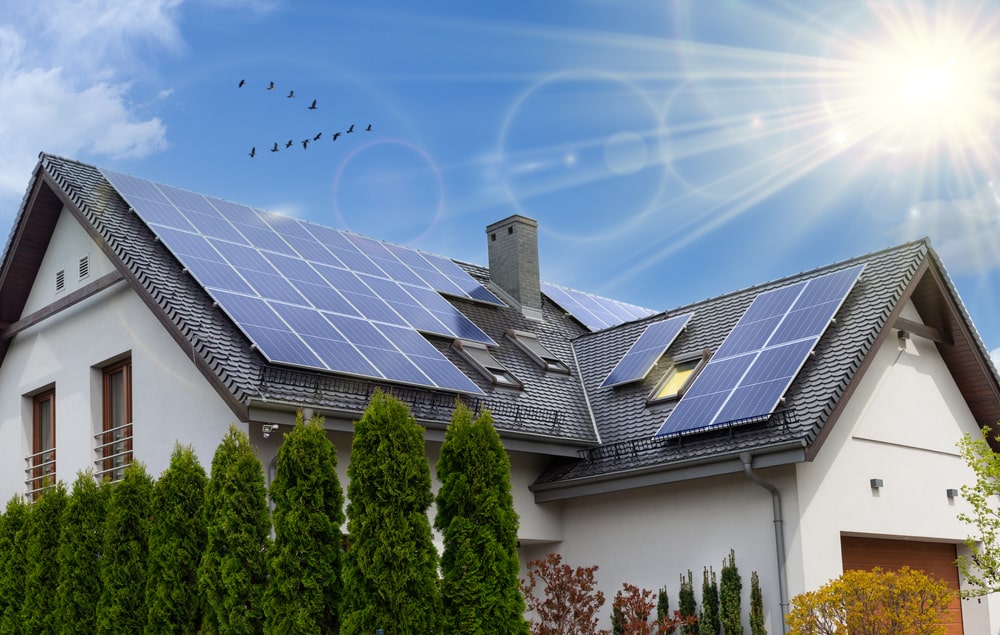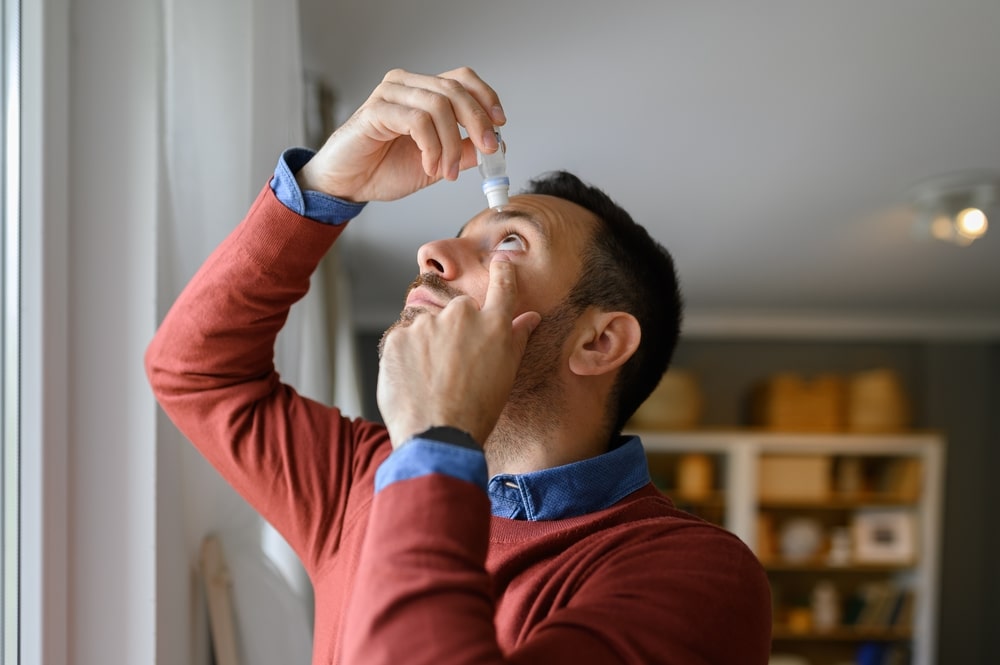When it comes to a nuclear power plant accident, a nuclear explosion, or even a dirty bomb, then there’s no joking around. These are serious, very serious examples of radiation emergencies.
If something similar happens, you could be asked to get inside a building and even take shelter for a prolonged period of time instead of simply leaving. The walls of your home can block a lot of harmful radiation.
And since radioactive materials become increasingly weaker as time goes by, staying inside for a minimum of 24 hours could ultimately protect you and your family until it’s safe to leave that specific area.
Getting inside a safe building and staying there is something authorities call “sheltering in place.”
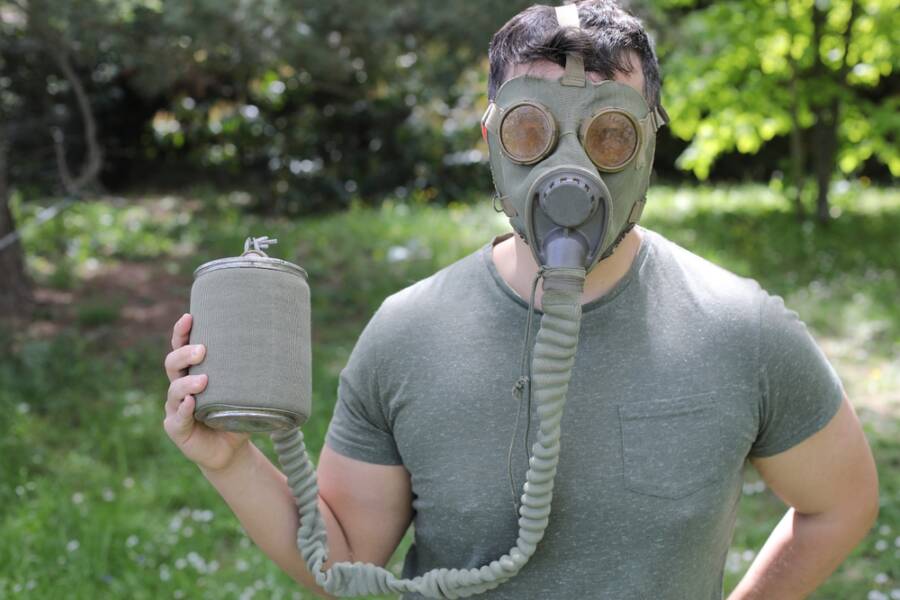
If you are indoors during a radiation emergency,
Make sure you stay inside. Carefully close and lock the windows and doors. Go to the basement or the middle of the building. Radioactive material generally settles on the outside of buildings, so your best bet is to stay as far away from the walls and roof of the building as you can.
If you can, turn off the fans, air conditioners, and forced-air heating units that would bring the air in from the outside. Also, make sure you close the fireplace dampers.
If you are outside during a radiation emergency
Try to get inside a building as soon as you can. If you can, get a concrete or brick building that also has a basement within a couple of minutes. Being inside any kind of big building is definitely safer than being outside.
As soon as you get inside, go to the basement or even in the middle of the building. Radioactive material generally settles on the outside of the building.
The best thing you can do is stay as far as you can from the walls and roof of the building. Moreover, make sure you carefully remove the outer layer of clothing right before you enter the building.
Radioactive material could easily settle on your clothing and body, just like dust or mud. As soon as you get inside, wash the parts of your body that were uncovered when you were still outside.
Then, put something new on you that didn’t come into contact with the radiation. It will limit your exposure and keep radioactive material from spreading.
Next, make sure you cover your mouth and nose with a mask, a cloth, and a towel if you need to go back outside and can’t get inside right away. It will help you reduce the amount of radioactive material.
If you are in a car, bus, or any other vehicle during a radiation emergency
Try to get inside a building as soon as you can. Cars won’t provide proper protection from radioactive material. If you can, get into a brick or concrete multi-story building or basement within your proximity.
Being inside any building is definitely safer than being outside. As soon as you get inside, go to the basement or the middle of the building. Radioactive material generally settles on the outside of buildings, so your best bet is to stay as far away from the walls and roof of the buildings as you can.
Moreover, carefully remove the outer layer of clothing before you enter the building. Radioactive material could easily settle on your clothing and body, just like dust or mud.
As soon as you get inside, wash the parts of your body that were uncovered while you were still outside. It will limit your radiation exposure and keep the radioactive material from spreading.
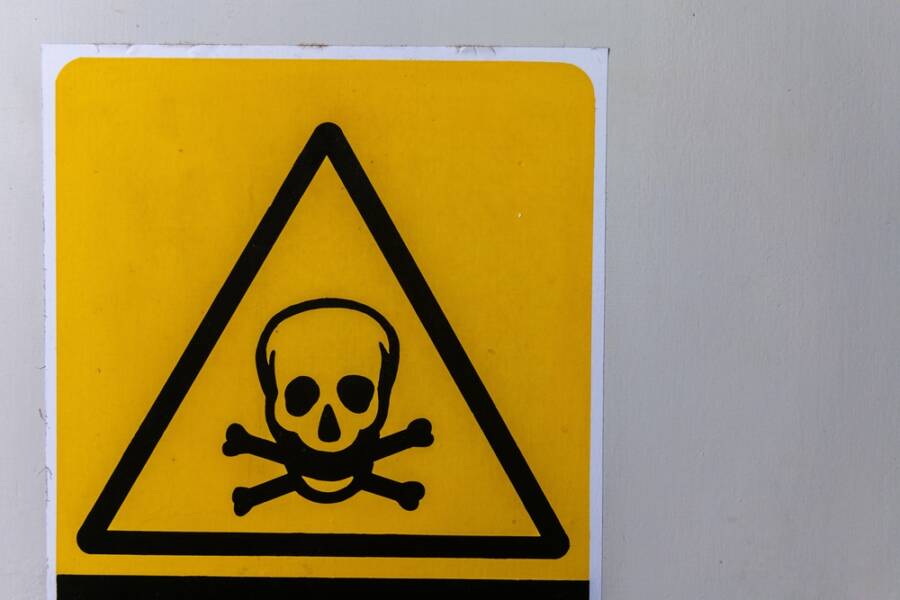
If you have pets
Bring your pets with you if you have the option to do so. Also, bring indoors any type of supply from outside that your pets might want for a minimum of 24 hours.
If you are asked to let someone into your home or place of shelter after a radiation emergency
If you have the option to provide shelter to someone who was outside during a radiation emergency, then you might truly save their life without endangering your own.
You can ask them to remove their outer layer of clothing right before entering the building or shelter. As soon as you get inside, you can ask them to wash the parts of their body that were uncovered when they were still outside.
Then, make sure you ask them to put on some clean clothing if they have this option. It will help limit their radiation exposure while also keeping radioactive material from spreading.
If you have someone you love in school, daycare, hospital, nursing home, or any other place during a radiation emergency
If you’re in this situation, whatever your impulse might be, stay where you are! Going outside and getting your loved ones might further expose you and them to very serious and dangerous levels of radiation.
Children and adults in schools, daycares, hospitals, nursing homes, and any other places will be efficiently instructed to stay inside until all emergency responders know that it’s safe enough to evacuate.
Self-decontamination
You might be contaminated with radioactive material if you stay too long outside, especially right in the area where the radiation emergency takes place.
Radioactive material can easily fall from the air like dust or sand and land on some objects below, whether it’s people, buildings, cars, or even roads. Radioactive contamination can easily spread in the same way dust and mud could be tracked into the home or spread to someone else.
Decontaminating pets
If your pet is still outside, protect your face with a towel and bring it inside. Wash the pet thoroughly with shampoo or soap and water, and rinse really well.
Then, wear waterproof gloves and a proper dust mask (or any other material that would cover your mouth) if you can. Then, keep the cuts and scapes covered when you’re washing your pet, and keep the radioactive material out of the wound.
Carefully wash your hands and face after washing your pet as well.
Decontaminating the home or shelter
Some emergency responders and local officials will let you know if you should contaminate your home. They will also give you proper instructions for cleaning inside and outside your home or shelter.
Preventing and treating radiation injuries and illnesses
Keeping your overall health in check is essential, especially when staying inside your shelter. Make sure you find out what measures you might need to take in order to protect your health and recognize any other health risks you might be exposed to.
How to stay tuned
You can use different methods to make sure you get the most out of the information you have on hand. In a radiation emergency, some communication methods might not work as well as they should.
How to evacuate
Radiation levels might slowly decrease with time as you shelter in place. Emergency response officials could provide you with the needed instructions on how to evacuate your area to a safe place.
Community reception centers
Emergency response officials might have to instruct you to go to a certain community reception center (CRC). CRCs are well-known locations where you can be screened for contamination, assisted with decontamination, get first aid, and even register your information.
Since we’re discussing about radiation, you might find one of these nuclear radiation detectors helpful. Who knows, you and your neighbors might find it quite handy one day!
If you found this article insightful, we also recommend checking out: 12 Technology Advancements that Science Fiction Predicted

